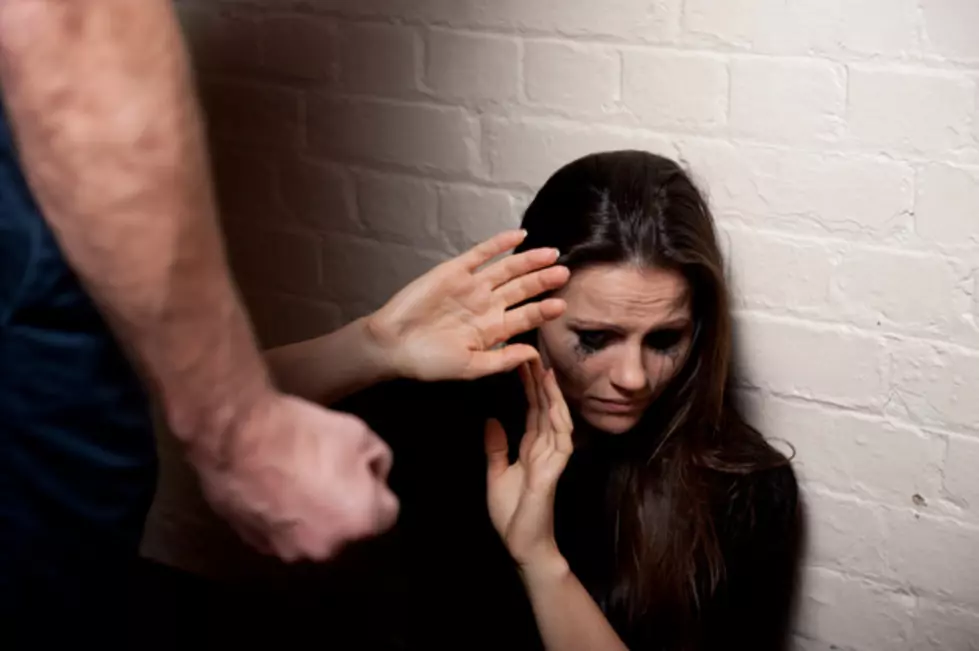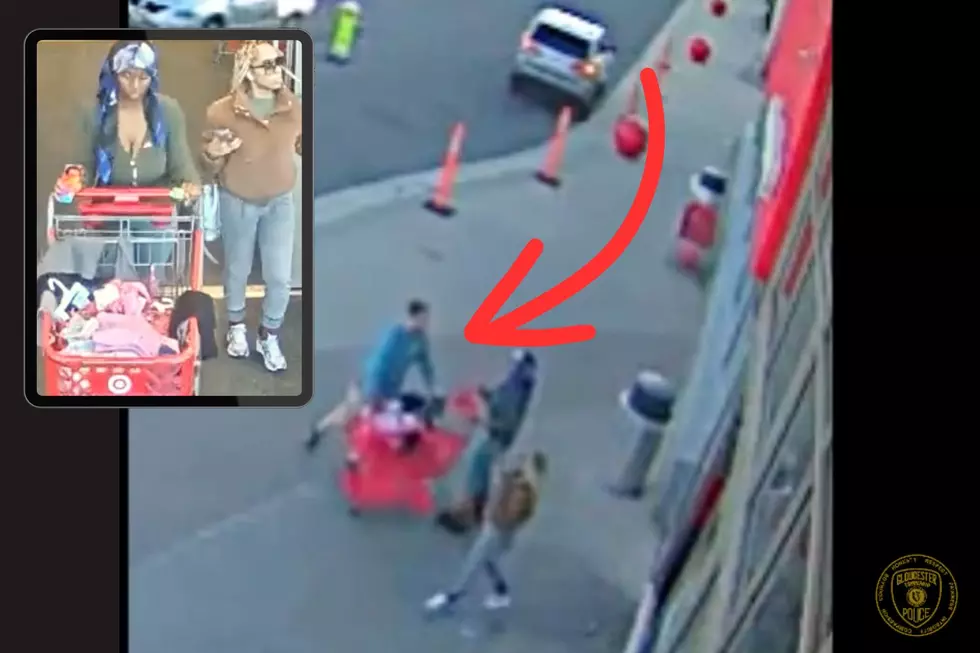
Guns? GPS? Ideas for protecting domestic violence victims
It’s a problem that is as tragic as it is disturbing.
We continually hear about relationships in New Jersey that go sour. A wife or girlfriend files for and receives a restraining order. The woman fears for her life. Aand the male boyfriend or husband winds up killing her, sometimes their children, and sometimes himself.
Just this month, Salem County resident Ruth Reyes and her two young children were stabbed to death by her estranged husband, who then killed himself, authorities say. The mother and children were found dead in their home; his body was found hanging from a tree in the woods nearly.
According to Nicole Morella, the director of public policy and communications for the New Jersey Coalition to End Domestic Violence, the issue of protecting survivors from perpetrators in these kinds of situations is multi-faceted.
“Each one of us has a role we can play in trying to support survivors that may be at risk of future harm or escalating violence, but we also all have a role in how we can talk to the individual who may be the perpetrator in these cases as well,” she said.
Morella said those in law enforcement, the court system, healthcare systems, family members and others in the community who may be aware of what’s happening have an opportunity to help identify potential perpetrators early, “so that hopefully we’re mitigating the risk and stopping them from carrying out acts of violence.”
But what if that doesn’t work?
New Jersey has some of the toughest gun control laws in the country, but some argue people leaving abusive relationships, those who seek and receive restraining orders because they fear for their lives, should also be able to speed up the process for getting firearm licenses.
Morella says the issue needs to be examined -- but she's cautious.
“I think there are survivors who find themselves exhausting all of the options available to them, and seeking out things like a restraining order and finding that doesn’t work, or finding other ways to try and separate and keep themselves safe and that doesn’t work.”
She said survivors should be offered all options to keep themselves safe, but also "it’s also important that we talk to them about risks that may be created by certain options.”
Having access to a firearm can, in some cases, put a victim in more danger she said. It may mean the abuser has access to the firearm as well.
"Many victims find themselves charged as defendants in domestic violence cases or have restraining orders placed against them because that’s part of the control and pattern the perpetrator is using," she said.
Said also advocates for exploring mandatory GPS tracking devices for domestic abuse perpetrators, alerting law enforcement if they come within a certain distance of people who have restraining orders against them.
She noted there is pending legislation to create a pilot program that would incorporate this kind of GPS requirement.
Morella also said sometimes a restraining issue is authorized, the survivor reports it is not working, but the case falls through the cracks and there is limited or no follow-up.
“We need to do a better job in identifying dangerous offenders and working together to make sure the survivor is safe," Morella said.
The New Jersey Domestic Violence Fatality and Near Fatality Review Board examine steps that can be taken to help survivors and perpetrators of domestic violence.
More from New Jersey 101.5:
You can contact reporter David Matthau at David.Matthau@townsquaremedia.com
More From New Jersey 101.5 FM








